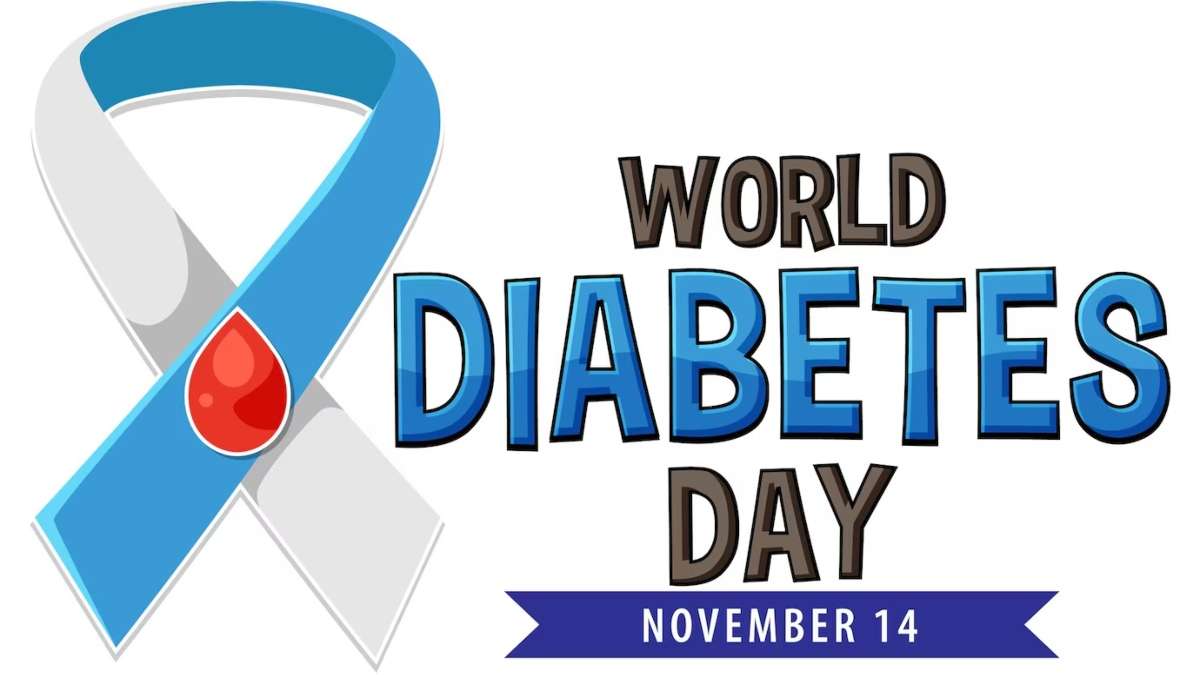
“Boston in the desert” – that is what some experts in the world of life sciences are calling Riyadh as Saudis strive to reach the level of Boston, a leader in biotech since the 1970s. A new report from Eurogroup Consulting lays out how far the Kingdom has come and the significant milestones ahead towards becoming a global biotech powerhouse.
Saudi Arabia is making strategic investments – and courting international investments – into its biotech and healthcare sectors, with aims to take advantage of the country’s robust infrastructure. This move fits into the wider vision of Saudi leaders to put the Gulf state on the map in a range of different sectors outside of oil & gas.
The transformation roadmap Vision 2030 is Saudi Arabia’s blueprint for diversifying the economy and pushing for modernization. Part of this strategy involves elevating the Kingdom’s healthcare and life sciences sectors, with 17% of the national budget allocated to the cause.

Source: Eurogroup Consulting, MoH
Since 2018, the Saudi healthcare sector has seen significant growth, with the overall workforce growing by 18% to 2022, according to the report. Most of those healthcare workers are nurses and midwives.
A very large percentage of those healthcare workers are non-Saudis, given that the country has a vast workforce of foreign workers. That has changed somewhat since 2018, however, with the country pushing a gradual process of ‘Saudization’, which is designed to tip the scale back to a Saudi majority in the workforce.
Part of the overall push in biotech and healthcare has been driven by the National Biotechnology Strategy, launched earlier this year, which focuses on attracting global investment, attracting top talent, and promoting research and development.
This strategy is also going to help establish research facilities, incubators, and accelerators. It will prioritize areas like gene therapy, personalized medicine, and biomanufacturing, with the aim of not only improving healthcare for Saudi citizens and residents, but also contributing to global advancement in these fields.
Another part of the overall Vision 2030 program related to healthcare and life sciences is the Healthcare Transformation Program, which aims to create a comprehensive, effective, and integrated healthcare system. The program will improve overall access for all, modernize equipment and facilities, and focus on preventative care. E-health services and data-driven solutions are part of the program’s digitalization drive.

Source: Eurogroup Consulting
One of the main challenges in continuing to build a robust industry for biotech and other life sciences in Saudi Arabia is a shortage in national talent, especially considering regulations on Saudization. In recent years, the focus has somewhat shifted from attracting highly-skilled expats to training or upskilling the local workforce.
Another challenge is ensuring enough sufficient funds are channeled into the sector through government funding and foreign direct investment, as well as overcoming regulatory and cultural hurdles.
Dedicated to its mission, a release from the Saudi government reads, “The National Biotechnology Strategy is poised to position Saudi Arabia as a regional and global biotech hub with a far-reaching impact in biomanufacturing and medical innovation. The strategy marks the beginning of a transformative journey, not only for the Kingdom but also for the global biotechnology landscape.”
Commenting on the outlook for the sector, Damien Duhamel, Managing Partner of Eurogroup Consulting in the Middle East and lead author, said: “Is Saudi Arabia en route to becoming a truly global hub? Only time will tell if Riyadh’s biotech ambitions comes to fruition. But one thing is certain: the sands are shifting, and the world is watching.”
































































